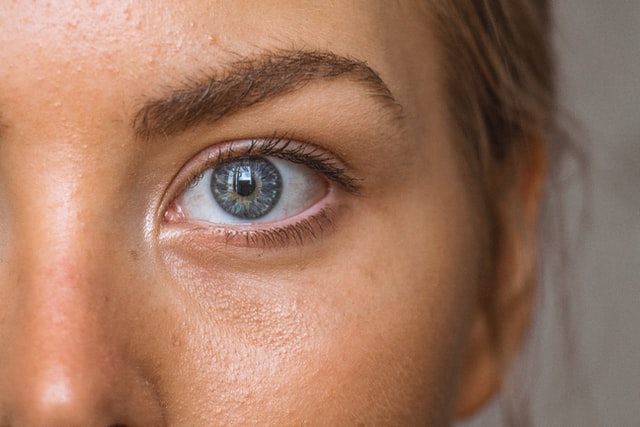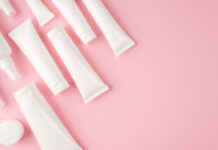The impure complexion is oily, thick and has enlarged pores. On its surface, frequent visitors are blackheads and pimples. It usually accompanies adolescents during puberty, but it can also be seen more often in adults. The undoubted advantage of having this type of complexion is the fact that wrinkles appear on it much later. How to get clear skin?
What characterizes an impure complexion?
Contaminated skin can affect both adults and adolescents. Typically, this problem is caused by hormonal changes, excessive stress, an inadequate diet, and incorrect or complete lack of care.
Sebaceous glands in contaminated skin are characterized by excessive activity. This occurs in the face, back and chest. These are the most common problems with oily skin. Contaminated skin is also thickened epidermis with visible acne discoloration.
Excessive sebum production causes skin glow and a feeling of stickiness. Which in turn leads to clogging of pores and the formation of pimples and blackheads.
There is a large amount of sebum on the surface of contaminated skin, thanks to which it is well moisturized. Unfortunately, it is also very susceptible to acne lesions. Impact on the development of imperfections has a lack of care, which leads to clogging sebaceous glands. Bacteria formed on the occasion contribute to a significant deterioration of the skin condition.

How often do you wash your face?
At least once a day, in the evening. Then we wash the skin of all day dirt: dust, sweat, makeup cosmetics and toxic particles of smog impurities and allergens that we can not see with the naked eye. This is a must before going to bed, regardless of our degree of fatigue, time of day (or night) and morning wake up call. Do you always wash your face in the morning? Common sense must be used here. If we have oily or combination skin, after getting out of bed you need to wash off excess sebum. For very dry, sensitive skin, you can skip the morning solid cleansing. Just refresh the skin by wiping it with a well-selected micellar fluid or tonic.
Do you wash your face with water?
There is no agreement on washing your face with water, even among professionals. Certainly, it is easier to clean the skin of any impurities with water and a properly selected cosmetic. But in the case of dry, sensitive skin, it can be additionally dried or irritated in this way. However, if you do not feel the comfort of “clean skin” without the use of water, in the case of dry and sensitive skin, we carefully select cosmetics for washing the face (see below) and those for subsequent care, i.e. those that rebuild the protective lipid layer or soothe irritations. The average tap water is hard water (has a pH of about 8–9.5, and the skin between 4.5-5.5), so it is better to use boiled, spring or mineral water for washing your face.
What ingredients should you look for in face cleansers?
Using ordinary cleansing soap is the coolest idea possible, even for break-prone and oily skin. The use of bar soap causes excessive drying and irritation of the skin, favoring microdamages and inflammation. Damage makes it easier for bacteria to penetrate deep into the skin, which causes blemishes. When looking for cosmetics for washing the face, we choose ones that contain moisturizing or soothing ingredients, regardless of the type of skin.










